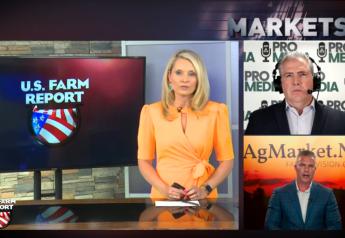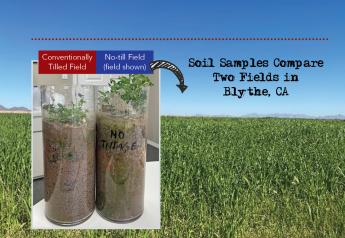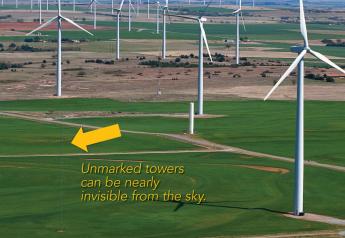President Extends Relief on Steel Tariffs

(Bloomberg) -- President Donald Trump will delay imposing steel and aluminum tariffs on the European Union, Mexico and Canada until June 1 as he finalizes deals with them, the White House said in a statement.
The administration has reached agreements-in-principle with Argentina, Australia and Brazil, according to the statement, which the White House released late Monday night. The details "will be finalized shortly," the statement added. The U.S. will also extend exemptions for the EU, Canada and Mexico for 30 days to allow for further talks.
”In all of these negotiations, the administration is focused on quotas that will restrain imports, prevent transshipment, and protect the national security,” the White House said. “These agreements underscore the Trump administration’s successful strategy to reach fair outcomes with allies to protect our national security and address global challenges to the steel and aluminum industries.”
Trump in March imposed a 25 percent tariff on steel imports and a 10 percent duty on aluminum after a government report found that foreign shipments of the metals imperil national-security interests. He directed U.S. Trade Representative Robert Lighthizer to negotiate with countries seeking to turn their temporary tariff exemptions into permanent ones. Exemptions for the EU and the five other nations were due to expire May 1.
The president’s decision to delay the tariffs gives breathing room -- but also a new deadline -- for allies who have been scrambling to secure permanent refuge from the metals duties. It could be seen as a gesture of goodwill for Canadian and Mexican negotiators who are in talks with the U.S. to revise the North American Free Trade Agreement.
Trump dangled a permanent exemption as incentive to reach a tentative Nafta deal, though talks continue with no immediate agreement in sight. Canada is the biggest steel exporter to the U.S.
European Retaliation
At the same time the extension on Monday prolongs the standoff with the EU, the world’s largest trading bloc. European officials have said the U.S. tariffs violate international trading rules, and they have threatened to retaliate with levies on iconic American brands such as Harley Davidson motorcycles and Kentucky bourbon.
“The EU should be fully and permanently exempted from these measures, as they cannot be justified on the grounds of national security,” the European Commission, the 28-nation bloc’s trade authority in Brussels, said in an emailed statement on Tuesday. “The EU has also consistently indicated its willingness to discuss current market access issues of interest to both sides, but has also made clear that, as a longstanding partner and friend of the US, we will not negotiate under threat.”
The Trump administration has been pushing countries to accept quotas on the amount of steel and aluminum they export to the U.S. The White House in March spared South Korea from the duties after Seoul accepted a quota of 70 percent of the average of its steel exports to the U.S. between 2015 and 2017. The U.S. confirmed that South Korea was granted a permanent exemption on Monday in a presidential proclamation.
Trump’s embrace of trade barriers this year has sparked fears of tit-for-tat retaliation that could undermine consumer confidence and stymie the strongest global economic expansion in years.
The U.K. government on Tuesday called the exemption extension “positive,” but added: “We remain concerned about the impact of these tariffs on global trade and will continue to work with the EU on a multilateral solution to the global problem of overcapacity, as well as to manage the impact on domestic markets.”
The German government “has taken note” of Trump’s plan to delay tariffs on aluminum and steel imports, adding that “the expectation remains for a permanent exemption,” Steffen Seibert, German Chancellor Angela Merkel’s chief spokesman, said on Twitter.
China Trip
The decision comes days before Treasury Secretary Steven Mnuchin and other senior members of Trump’s cabinet travel to China in search of a deal that would head off a brewing trade dispute between the world’s two-biggest economies.
The president has threatened to slap tariffs on as much as $150 billion in Chinese imports in retaliation for alleged violations of intellectual property, while Beijing has vowed to retaliate.
Steel and aluminum exporters from China, along with other steel-exporting nations such as Japan and India, have been paying the U.S. tariffs since late March. The U.S. and EU have complained for years that Chinese steel producers unfairly benefit from state subsidies, and dump their products on the world market.
Copyright 2018, Bloomberg







